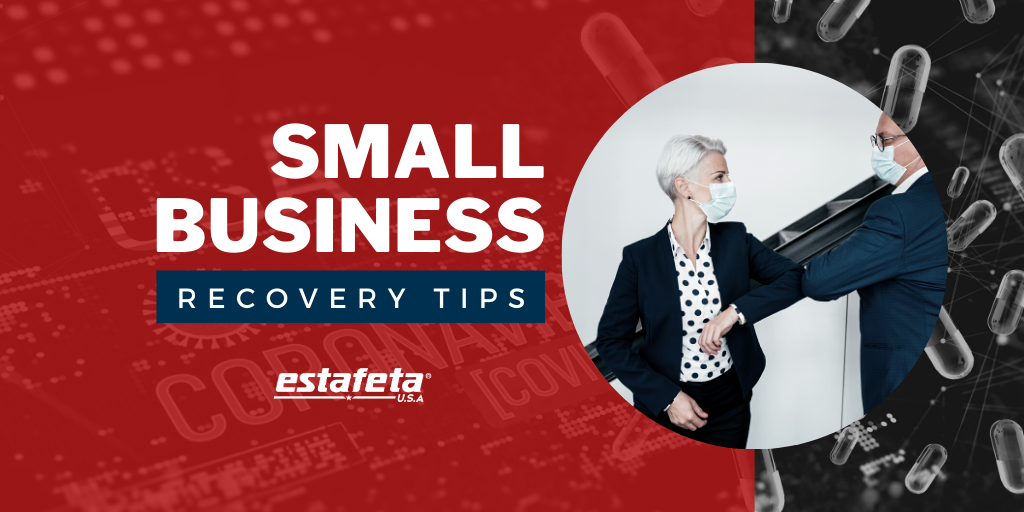Small Business recovery post-Covid will take time and may vary from industry to industry. Regardless, success will require transparent communications, an agility culture, wise financial management, scenario-based planning, and strong customer retention focus. This is the first of a two-part series with our summary of the most relevant tips for successful recovery.
9 Tips for Successful Small Business Recovery
- Safety first. Make it a priority to provide a secure working environment, for the well-being of their employees, suppliers, and customers. This is not only the right thing to do for employees’ safety, but it is also key for business recovery.
- It takes a balancing act between granting flexibility in hours and telecommute, while also staying open for business.
- Find out if your company is eligible for government funded PPE and tech tools.
- Adopt an agile business culture. 2020 was the Anything-Can-Happen year, so 2021 will for sure be the Get-Ready-For-Anything year. Indeed, business leaders have learned they must remain open and ready to change and adapt operating models.
- Search for and implement practices that make your company more efficient, like automation of time-consuming tasks.
- Revisit your business plan, create different “what-if” scenarios and prepare action plans for each.
- Determine financial health and muscle for business continuity.
- Evaluate short term liquidity, while also watching for working capital discipline.
- Assess financial risks and respond accordingly so as not to impact operations.
- Beware of financial struggles your suppliers and customers may be experiencing that will ultimately impact your business.
- Maximize use of government funding support for small business.
- Research all available options both at the federal and state level.
- Apply for all the programs your company is eligible for, including tax exemption opportunities.
- Plan for recovery now. So, your company’s ready to hit the ground running after the pandemic.
- Build different scenarios, with a set budget and financial estimate for every different forecast.
- Work on business continuity, with an eye of business as usual after the crisis.
- Develop a timeline with “return to normal” variables under each scenario.
- Document a road map of how the company reacted to the crisis, with lessons learned for increased resiliency in future crisis.
In order to recover from the pandemic related economic crisis, small businesses will have to do some prioritizing and planning. For instance, safety should always come first. Additionally, there should be lot of work on company culture, as a requisite for recovery. Then, financial planning matters, such as securing cash flow for business continuity, and identifying possible sources of funding support. And most of all, small businesses need to start planning for recovery NOW, otherwise, it will be too late.
In part II will complete the list of our 9 tips for small business recovery. In the meantime, please let us know your opinions and how we can be of help to your company!


Recent Comments